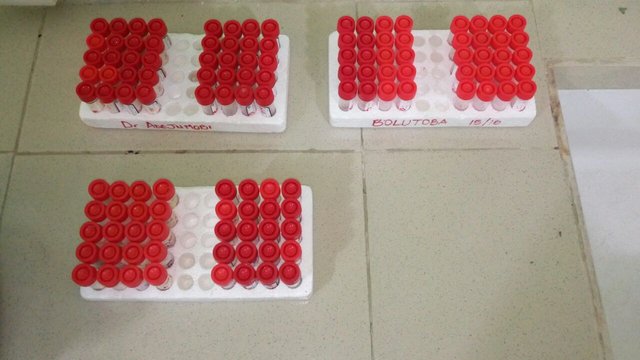TIPS ON PROJECT WRITING for Undergraduate Students

Writing a project can be a daunting task when you don’t know where to start from but I have put together these following tips from the experience I had while writing my own project during my final year in the university.
Let’s dig in.
Tip 1 – Find a topic
University lecturers usually prefer to give their project students topic to write project on from an on-going work that they themselves are doing or a new project that they have in mind to embark on but a few supervisors will ask their project students to bring his/her own project topic. To cut the story short, you need to talk to your supervisor first before picking a topic.
Tip 2 – Search for materials online
Searching for materials online is a very crucial step in project writing which must be done with diligence and focus. There are four things you need to look out for while doing your search:
Source of your information – make sure that your source is verifiable and reputable. If you have to use Wikipedia, make sure that you check the references in the Wikipedia article/document and verify them one after the other (i.e. verify each reference).
Paste your references in a separate word document and arrange them in alphabetical order right from the start of your project. A common mistake that most students make is to forget their references while doing the search. I know this because it happened to me too.
Edit your references – Each reference should follow the same format: Name (s) of the writer(s) first followed by the year of publication, topic of article and the location of that art in the journal. For example, Appel M.J.G., Mendelson S. G., Hall W. A. (1984). Macrophage Fc receptors control infectivity and neutralization of canine distemper virus-antibody complexes. J. Virol. 51, 643-649.
In a case where a publication is authored by more than two people, write only the name of the first author followed by the phrase “et al” meaning “and others”.
For example, the above reference will be cited as Appel et al., 1984.Use references from recent publications – Try as much as possible to make reference to only recent publications. When I say recent, I mean from 2010 till date. This makes a reader find your project up-to-date (i.e. not outdated).
Tip 3 – Format your write-up properly
A properly formatted write-up should be typed using Times New Roman font type, font size 12 and line spacing of 1.5.
Tip 4 – Put your chapters in order
Chapter one of the project is the introduction to the topic of your project. Take your time to get this right.
Chapter two of your project should be Literature review. This is where you will write a review of the topic you want to research about. Your supervisor should be able to help you with this part. Just ask him/her to give you one of his previous projects to use as a template.
Chapter three is methods and materials. This is where you will write about your own research; the method you want to use to carry out your experiment and other things related to it.
Chapter four is for results. This is where you write about your results in detail.
Chapter five is for discussion and conclusion. This is where you will discuss the result of your project and make a conclusion.
Tip 5 – Make sure your abstract is on point.
Write a precise abstract that is relevant to your entire project from chapter 1 to chapter 5.
Wish you all the best.
Here's to your success. Cheers.